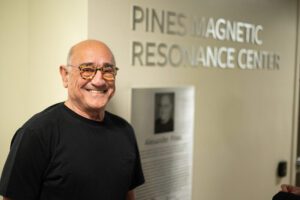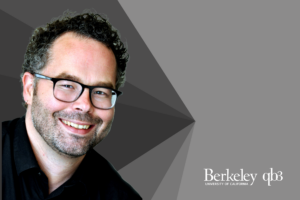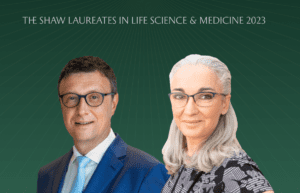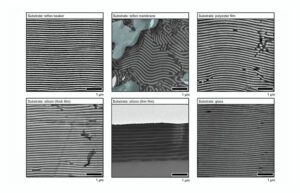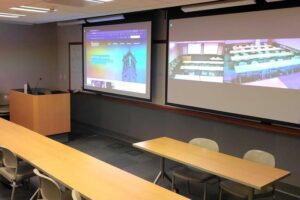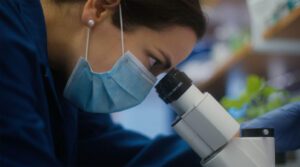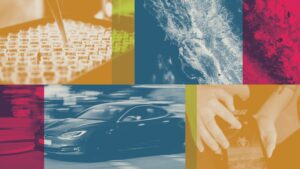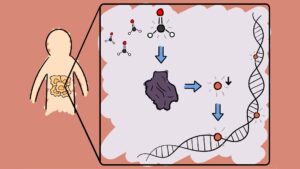
Formaldehyde, a carcinogen, is also used by the body to regulate our genes
December 07, 2023
Formaldehyde, a toxin and carcinogen found in construction materials, carpets, car exhaust, cigarette smoke and even permanent press clothing, turns out to play an important role in the body — one that may explain why the chemical causes cancer. In a study published this month in the journal Science, researchers from the University of California, Berkeley, and the…
